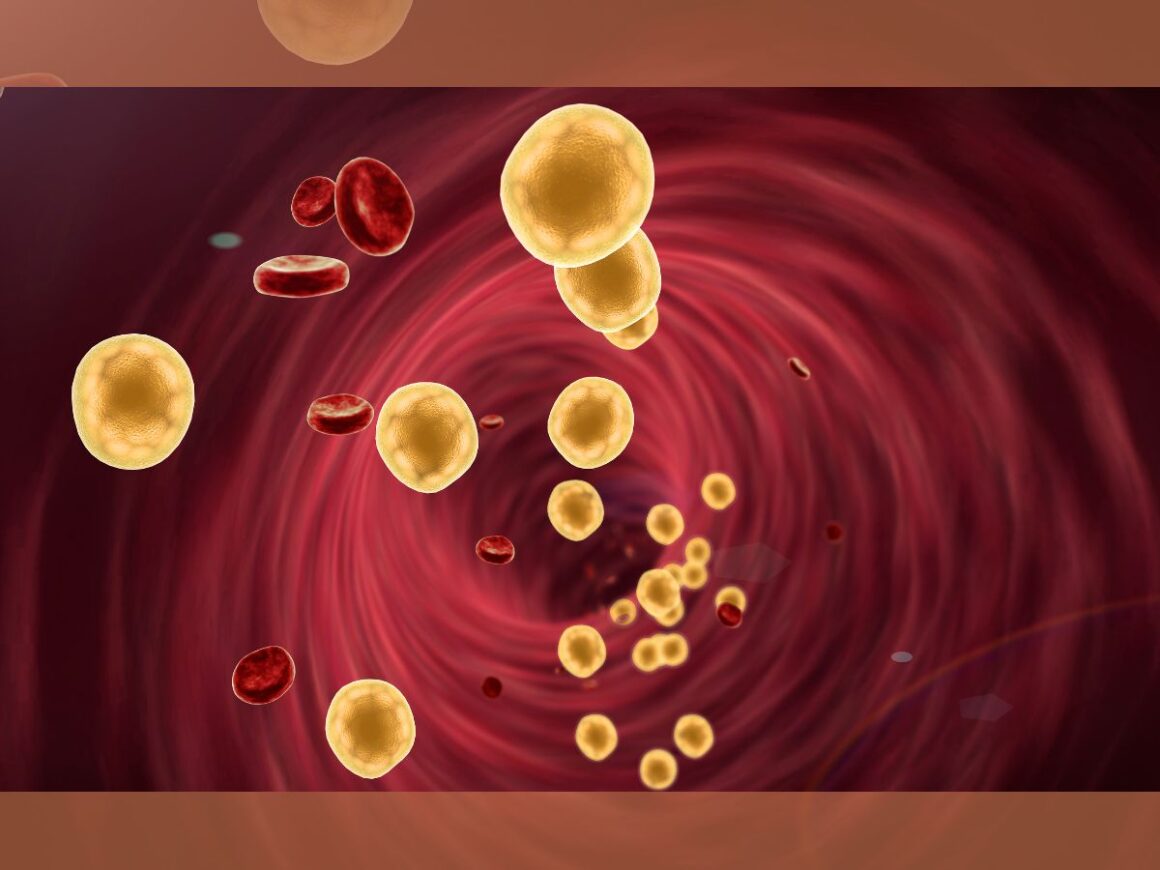New Delhi, October 01: A recent study has revealed that a significant portion of the Indian population is at risk of heart disease due to high cholesterol levels. The study found that 31% of Indians have high cholesterol, with middle-aged individuals being particularly affected.
The study, which surveyed a large sample of adults across India, highlighted the alarming prevalence of high cholesterol in the country. This is a major concern as high cholesterol levels are a significant risk factor for heart disease, stroke, and other cardiovascular complications.
India’s alarming rise in lifestyle-related health issues, driven by lifestyle changes, stress, and unhealthy habits, demands urgent attention. The equal prevalence of high cholesterol among men and women (31% and 30%, respectively) highlights the universality of this concern. Regional disparities, with Kerala, Karnataka, and Telangana emerging as hotspots, underscore the need for targeted interventions.
Factors Contributing to High Cholesterol
Several factors contribute to high cholesterol levels, including:
Diet: A diet high in saturated and trans fats can raise LDL (“bad”) cholesterol levels.
Lifestyle: A sedentary lifestyle, smoking, and excessive alcohol consumption can also increase the risk of elevated cholesterol levels.
Genetics: Some people may have a genetic predisposition to elevated cholesterol levels.
Age: The risk of high cholesterol increases with age.
Medical conditions: Certain medical conditions, such as diabetes and hypothyroidism, can affect cholesterol levels.
Health Risks Associated with High Cholesterol
High cholesterol levels can lead to atherosclerosis, a condition where plaque builds up in the arteries. This can narrow the arteries, restricting blood flow to the heart and increasing the risk of heart attack and stroke. Additionally, elevated cholesterol levels can contribute to other health problems, such as peripheral artery disease and erectile dysfunction.
How To Control LDL Cholesterol Levels?
To reduce the risk of elevated cholesterol levels and its associated complications, it is important to adopt a healthy lifestyle. This includes:
1. Healthy diet: Eating a diet rich in fruits, vegetables, whole grains, and lean protein can help lower LDL cholesterol levels.
2. Regular exercise: Aim for at least 30 minutes of moderate-intensity exercise most days of the week.
3. Weight management: Maintaining a healthy weight can help reduce the risk of high cholesterol.
4. Quit smoking: Smoking can significantly increase the risk of elevated cholesterol levels and other health problems.
5. Limit alcohol consumption: Excessive alcohol consumption can raise cholesterol levels.
6. Regular check-ups: See your doctor regularly for cholesterol screenings and other health assessments.
Read Also – Dengue Outbreak In India: How Does The Virus Transmit? What Symptoms You May Notice
Public health programs are crucial in tackling the challenges posed by elevated cholesterol levels in the Indian population. It requires teamwork between healthcare providers, policymakers, and community organizations to promote preventive care, conduct screenings, and inform the public about the risks associated with elevated cholesterol levels. Creating a culture that values proactive health management can greatly enhance the well-being of the population.

